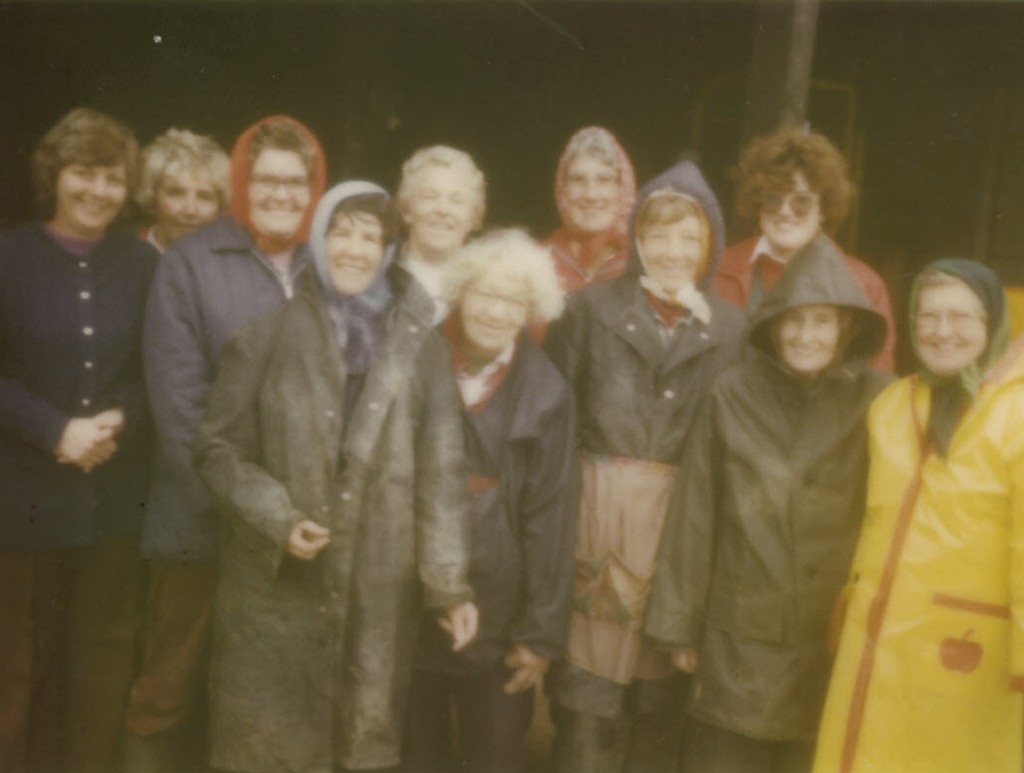I have been working with Business Lincolnshire as a provider of Lincolnshire Peer Networks since 2020 and there has been a noticeable challenge across all industries which we discussed at our last providers’ meeting – the shortage of workers, across all industries.
The combination of a pandemic and Brexit has led to the perfect storm for the labour market.
Brexit
I believe part of the problem is that the UK government never really understood the number of EU nationals living in the UK. The official estimate when the EU settlement scheme started in March 2019 was 3.7 million. At the 30th June 6,015,400 applications had been received by the UK government. If this many have applied to remain, how many other EU citizens were working in the UK unknown to the government? This naivety on the part of the government meant a lack of preparation for the gaps that would be created when EU citizens started to leave.
Those living in regions with a large number of EU migrants, have witnessed the return of many to their home nations, partly due to covid, but also partly due to the strengthening economies of their home nations.
Living in Lincolnshire, not far from Boston, the largest vote leave in the UK, I have seen the impact of migrant workers on the local labour market. Lower paid work, for example, in food production, have seen a considerable take-up by EU citizens. No doubt, this work needs to be done, but many of these workers have returned to their home nations, leaving working environments where UK nationals often feel unwelcome, as little English is spoken, and wages have remained low, due to the plentiful supply of workers willing to work for minimum wage.
It will take time for this situation to rebalance.

When I was growing up seasonal work was done by students, in a great fun team atmosphere, meaning that they reduced their debts before leaving university, and had a great time doing so. Other lower paid jobs were filled by employer flexibility over hours and conditions which made these roles attractive to mothers of school-aged children.
This is not a call to return to the “good old days”, in the current economy it is very difficult to raise a family with one full-time and one part-time wage, and women are increasingly likely to be the primary wage earner. But we new to find a new equilibrium where the needs of employers and employees can be met. This may lead to a rise wages and consequential rise the cost of goods, but that is the trade off for fair wages and conditions for everyone, not just the few.
In a county where many working families still rely on food banks this change would be welcome.
Furlough
Many years ago, I worked for the Department of Employment, and part of my job was to interview people who had been claiming unemployment benefits for six months or more, and persuade them to join the Community Task Force. Community Task Force was designed to get people back into the habits of work, getting up and arriving for work on time, five days per week, following instructions and benefiting the community. The work was mostly improving the local environment, by clearing areas of rubbish and graffiti or painting community facilities.
This work paid an additional £10 per week above benefits, and if the individual didn’t have another job or training to go to, their benefits would be reduced by 20% for turning it down. A considerable number turned it down.
This proves that any job is not better than no job for a significant number of people.
Once you have adjusted to a lower income, managing responsibilities of family without the need to go to work, it’s really hard to return to the pattern of early starts, travelling, getting home late, cooking meals and juggling the needs of family.
When furloughs have ended and some jobs come to an end, will people really want to return to full-time work, or opt for quality of family life and lower income and seek part-time positions, or no work at all?
Covid-19
For some people the risk of a busy or crowded workplace is too high for them to consider returning to any working environment outside their homes.
Are there options for people to return to work in an open-air environment? Or should individuals be looking for a longer term fix of a career change?
I honestly don’t see a simple or quick solution to any of this, but maybe other people have some ideas?



